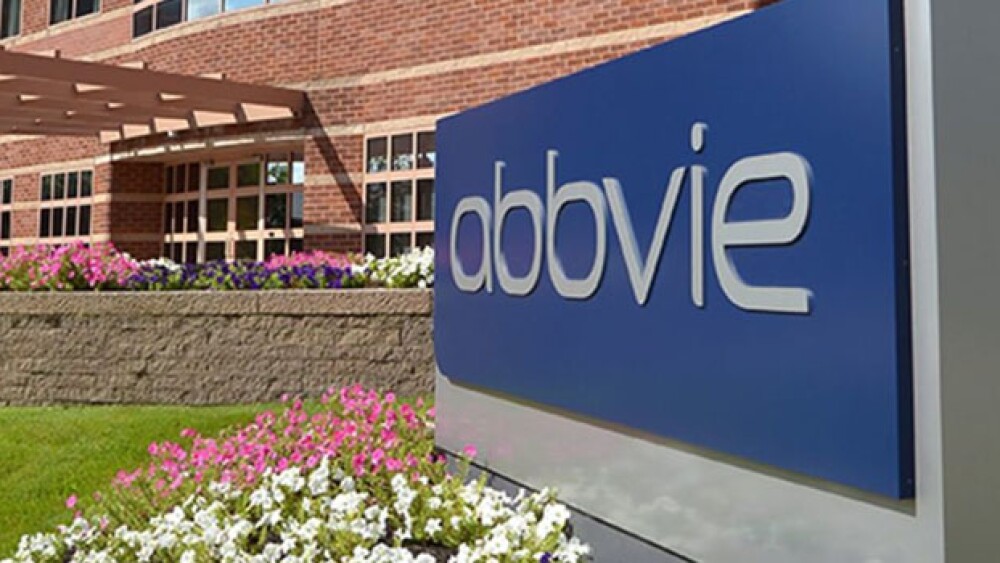AbbVie and the Keck Graduate Institute (KGI) School of Pharmacy have partnered to form the first AbbVie-KGI Biopharmaceutical Industry Fellowship.
AbbVie and the Keck Graduate Institute (KGI) School of Pharmacy have partnered to form the first AbbVie-KGI Biopharmaceutical Industry Fellowship.
The program is eligible for Doctor of Pharmacy (PharmD) graduates and will last one year. The focus is on providing the skills needed as a pharmacist in scientific communications and medical affairs. The fellowship will be based out of AbbVie’s Chicago offices.
“We are delighted to work with AbbVie, Inc. to develop this critical Medical Affairs Fellowship,” said Bernard Tyrrell, the associate dean for pharmacy and industry relations at KGI’s School of Pharmacy, in a statement. “We look forward to a long and beneficial relationship with our colleagues at AbbVie to help develop the next generation of industry leaders.”
The primary focus of Medical Affairs at AbbVie is creating and communicating clinical and scientific data in addition to scientific discussions with key stakeholders, including healthcare providers, patients, and payers.
About 90 percent of the Fellows’ time will be specific to the industry site. About 10 percent of the time will be professional development education with KGI School of Pharmacy. All fellows are eligible for adjunct faculty status.
All candidates must be a PharmD graduate from an accredited institution and eligible to work in the U.S. and on-site in the Chicago area.
This another example of how companies and educational institutions are working together to develop programs for scientists to enter real-world biopharma work. For example, the University of Chicago Innovation Fund program is designed to help train MBA students who are interested in working with startup biotech companies. Part of the University’s Polsky Center, it is focused on connecting business students with researchers interested in forming companies based on their science.
The university’s Polsky Center for Entrepreneurship and Innovation also has The Innovation Fund, a multi-million-dollar fund that invests in promising startups culled from the University of Chicago, Argonne National Laboratory, Fermilab, and the Marine Biological Laboratory. The Innovation Fund is a venture-philanthropy fund supported by alumni donations.
It also has the Edward L. Kaplan, ’71, New Venture Challenge. In this, companies selected to participate are invited to present to a panel of entrepreneurs and investors. If selected, they could receive up to $1 million in award money and in-kind services.
There are also numerous fellowships that are joint programs between biopharmaceutical companies and universities, or companies and nonprofit healthcare-related associations.
The Massachusetts College of Pharmacy and Health Sciences offers the Biopharmaceutical Industry Fellowship Program with rotations at a number of biopharmaceutical companies. This program was founded in 2003, and is designed to provide PharmD graduates with “in-depth, specialized training within the biopharmaceutical industry.” They also have adjunct instructor eligibility. Various fellowship programs include Biomarker Development, Clinical Development, Clinical Documentation (Medical Writing), Clinical Research Pharmacy, Clinical Supply Chain Strategy and Management, Drug Safety and Pharmacovigilance, and Global Commercial Strategy and others. Companies involved have included Pfizer, Sanofi Genzyme, Biogen, Novartis, BD, Alexion, and others.
Many companies offer these types of fellowships, such as Roche Group and the Ernest Mario School of Pharmacy at Rutgers University, Bristol-Myers Squibb’s Post Doctoral Programs with Rutgers, and the National Hemophilia Foundation-Shire Clinical Fellowship Program.
The NHF-Shire Clinical Fellowship Program, for example, is “designed to provide licensed physicians with hands-on clinical training and prepare them for academic careers in bleeding disorders research. Mentored training takes place at highly-qualified hemophilia and/or thrombophilia treatment centers located throughout the United States. Through this program, award funding is provided to cover costs directly related to the training of physicians who show an interest in devoting their careers to the care of patients with hemophilia and other bleeding disorders.”
For graduate students interested in careers in the biopharma industry, whether in specific disease areas, for biotech startups, or for careers in the industry that require a technical background but are business, regulatory or communications-oriented, industry-academic fellowships or industry-association fellowships may be the way to go.





